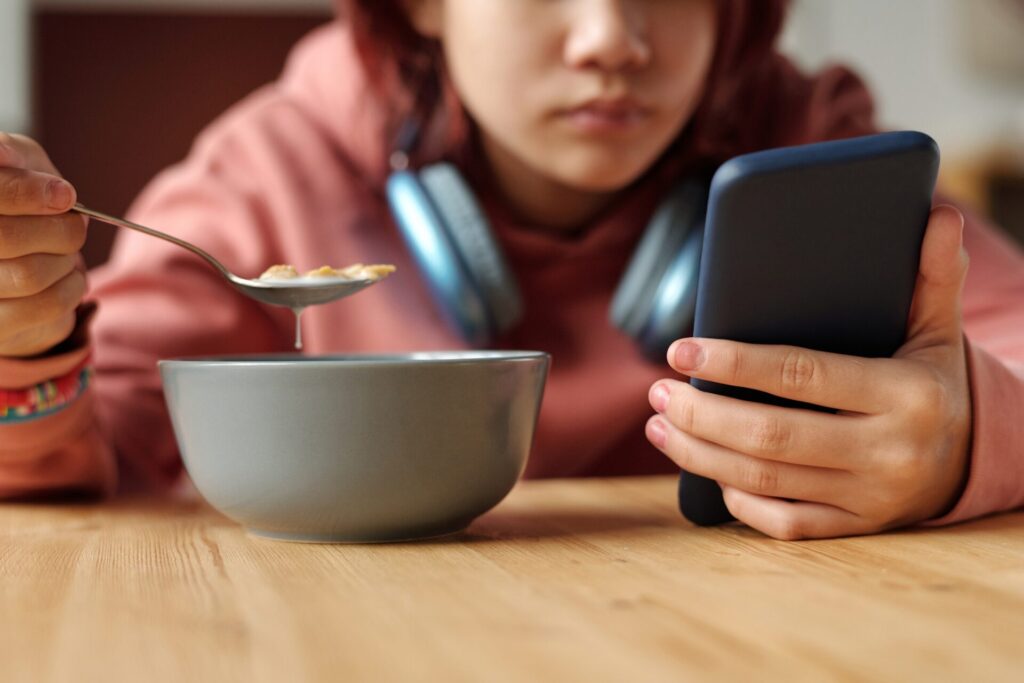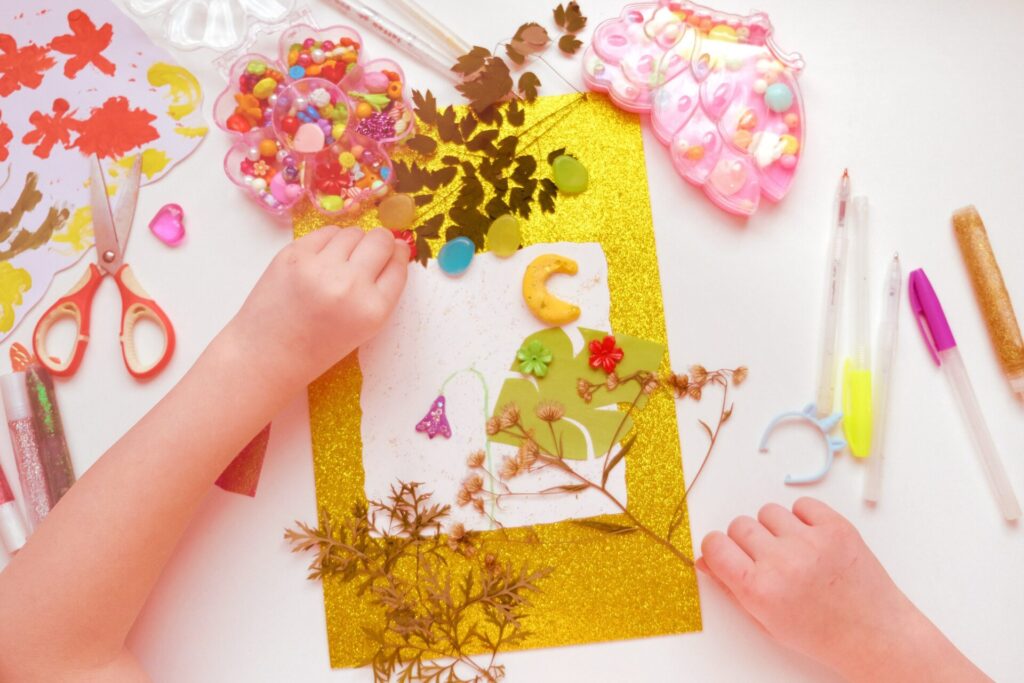Aurora Foster* experiments with fashion and make-up, and takes city transit on her own. But the 14-year-old from Toronto doesn’t always love the idea of being a grown-up. She worries about higher expectations. She struggles with complicated adolescent friendships. She often prefers the company of smaller children, and she’s been slow to give up imaginary play.

“Aurora is clinging hard to childhood,” says her mom, Kendra*. “She’s afraid of the responsibilities and stresses that come with getting older.”
These days, teen like Aurora are becoming more common. Physically, they’re developing normally. But emotionally, these modern-day Holden Caulfields seem unprepared to grow up and leave childhood behind. They are disinclined to take on more risks and responsibilities, seeking instead the safety and security of their parents’ constant care.
Some experts believe this stems from overprotective and overindulgent parents. When kids aren’t pushed to take appropriate risks, they don’t learn resilience or self-reliance. When they have everything done for them, or they’re given all the toys and clothes they want, they develop a sense of entitlement.
The causality is hard to prove, but the patterns are there, says Dr. Michael Ungar, Co-Director of the Resilience Research Centre at Dalhousie University’s School of Social Work, and author of Too Safe for Their Own Good: How Risk and Responsibility Help Teens Thrive.
“A lot of young people haven’t had responsibility,” he says. “These children have had a lot of focus on themselves, and their self-esteem has been constantly promoted with gushing praise, whether or not they merited it.”
No one denies that protecting your kids is part of a parent’s job. But so is providing opportunities for them to develop the skills they’ll need as adults. Lots of young people haven’t had to cook or do laundry for themselves, or manage their own money. “You have children who don’t necessarily know what they can do,” says Dr. Ungar. “So they don’t know how to solve their own problems.”
Kendra confesses that she may have overprotected her daughter. “When Aurora fell on the playground, I would be the first to run over. If she forgot her lunch, I’d run it up to the school. I try and ‘save’ her,” she says. “I admit I’ve babied my only baby, and that might have something to do with her reluctance to grow up.”
When these young people eventually enter the real world, they may lack the ability to look after themselves. Some develop anxiety disorders, or turn to inappropriate coping strategies. “My university colleagues are seeing more patterns of plagiarism,” Dr. Ungar says. These newly minted adults may also have trouble adjusting to a workplace where they're expected to pull their own weight without constant praise. Some research suggests that people who were overindulged as children are self centered and unhappy as grown-ups.
It’s not the exactly the adulthood we envision for our kids.
But it’s not too late to get your teen on track. “I usually ask parents to think back to when they were children themselves, and what they were capable of doing at different developmental stages,” says Dr. Ungar. Then, start setting up your kid to slowly take on more responsibilities (see sidebar).
As for Kendra Foster, she says that now that she’s more conscious of the problem, she’s ready to step back. “I know I need to back off and let her make the big decisions,” she says. “Aurora should be able to fall down and not be afraid.”
Help Your Teen Grow Up Already
Concerned your teen isn’t acting her age? Here are a few tips to keep in mind.
- Push him out of his comfort zone. That’s how humans develop, says Dr. Michael Ungar, professor of social work at Dalhousie University. “We’d never learn what the word ‘hot’ means, if we never touched something hot!”
- Present a united front.Very often, one parent is more protective than the other. If this is causing conflict, especially in front of your child, you and your spouse need to deal with this privately.
- Start early. Letting your youngster make age appropriate decisions and self-direct her play will help her develop self reliance, says Dr. Ungar. “When you have those experiences, you form an identity as someone who is more capable.”
- Let her fail. If your child performs poorly on a math test or in a soccer game, don’t automatically fault the teacher or coach. Encourage your kid to talk to adults and find out how he can do better. Self advocacy and teamwork are more valuable life skills than blame-shifting.
- Don’t do everything. If you’re making your teen’s lunches, doing her laundry and reminding her about her English essay, back off. If her homework is handed in late or her favourite shirt isn’t washed, she’ll figure out how to prevent it from happening again. “Why would I rob my child of all those wonderful opportunities to learn things?” says Dr. Ungar.
* Names have been changed
Originally published in ParentsCanada magazine, August/September 2014.








